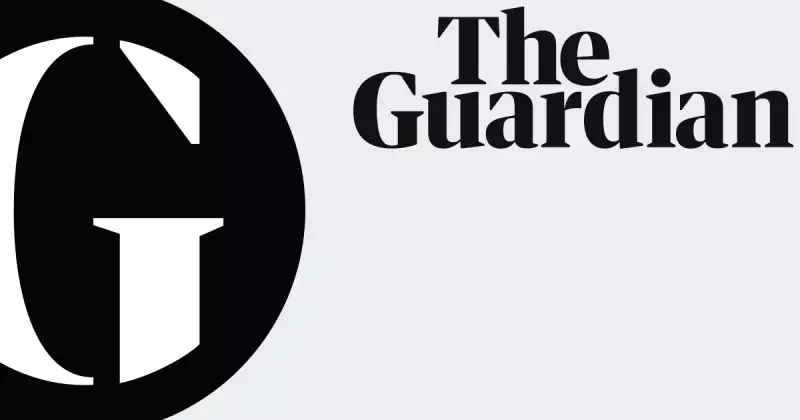
A very public and bitter row between veteran socialist Jeremy Corbyn and Coventry South MP Zarah Sultana has erupted, threatening to destabilise the fledgling Left Alliance party before it has even found its footing. The dispute, which played out across social media and in statements to the press, has been met with dismay and frustration from within the party's own ranks.
The internal conflict ignited over a fundamental question of political strategy: how to build a credible and broad-based movement. Sultana, a prominent figure from the 2019 intake of left-wing MPs, publicly advocated for a "serious, credible, and professional" approach to winning power. This was widely interpreted as a critique of the more protest-oriented tactics associated with Corbyn's leadership.
Corbyn's camp fired back with a pointed statement, accusing critics of attempting to "silence the very social movements that our party seeks to represent." This swift and public rebuttal transformed a strategic discussion into a full-blown factional war, played out in the open for all to see.
A Chorus of Disappointment from Within
The reaction from members and supporters has been one of profound exasperation. Many took to social media to express their view that the party is "good at self-sabotage," arguing that such public infighting is a gift to its political opponents and a major turn-off for potential voters.
One party member was quoted lamenting, "We're supposed to be building a united front, and this is what we lead with? It's incredibly frustrating." The sentiment reflects a fear that the new project is repeating the same mistakes that plagued the left of the Labour Party, where internal divisions often overshadowed its public message.
An Uphill Battle for Relevance
The Left Alliance was formed by a coalition of left-wing groups, ex-Labour members, and trade unionists with the aim of filling the vacuum left by Labour's shift towards the centre under Keir Starmer. Its founding principle was to offer a clear, socialist alternative.
However, this very public spat poses a significant threat to that mission. Political analysts suggest that for a new party to break through, it must project discipline and unity. This open warfare, centred on its most famous figure and a rising star, undermines that completely, risking its credibility before it even contests its first election.





